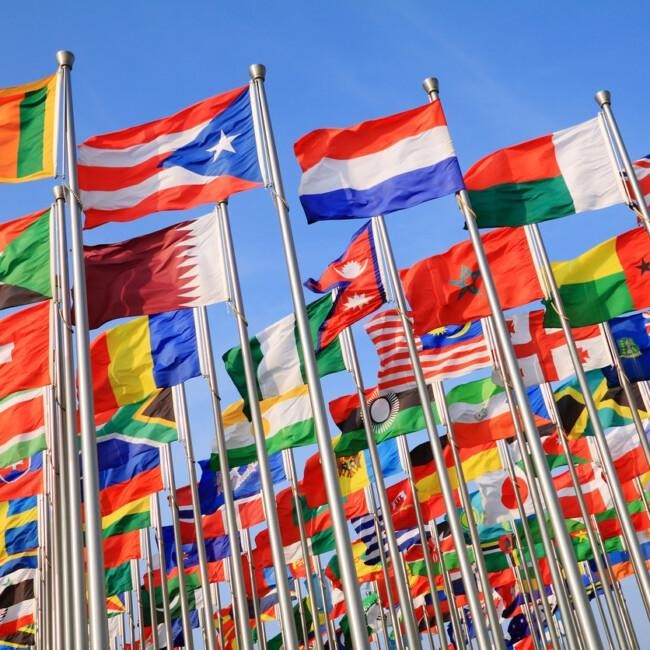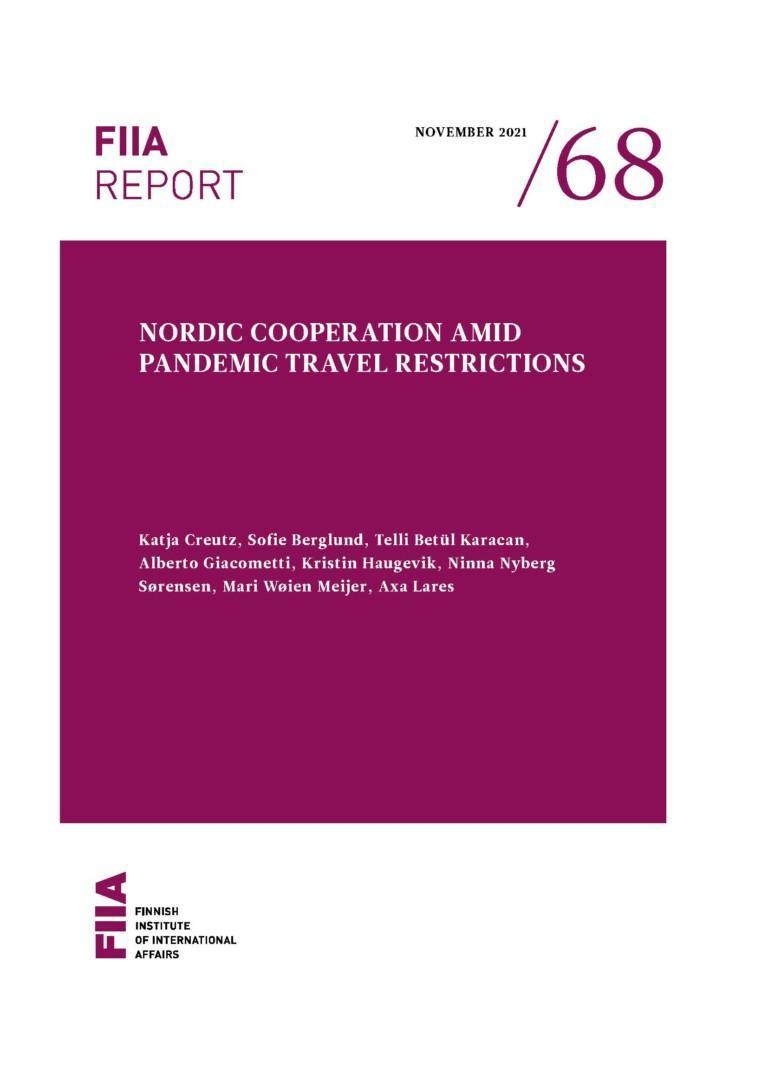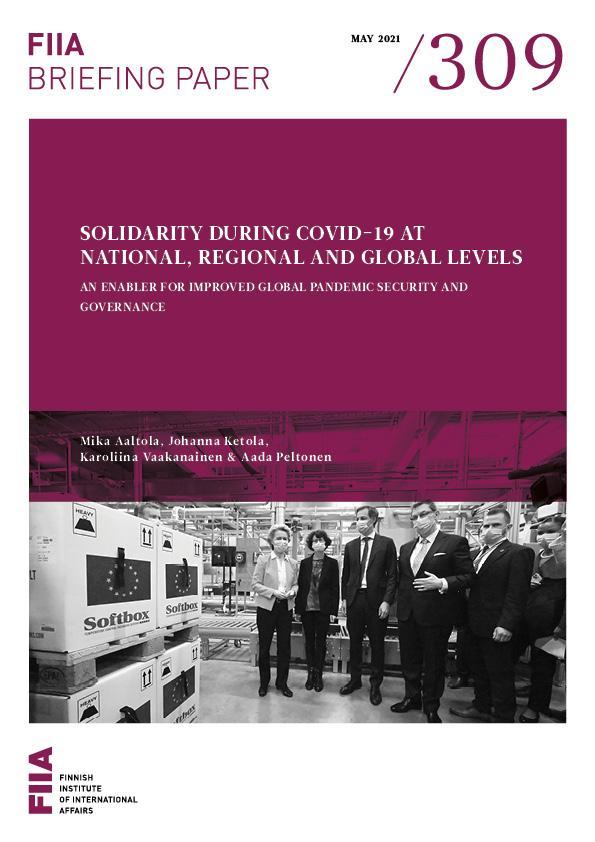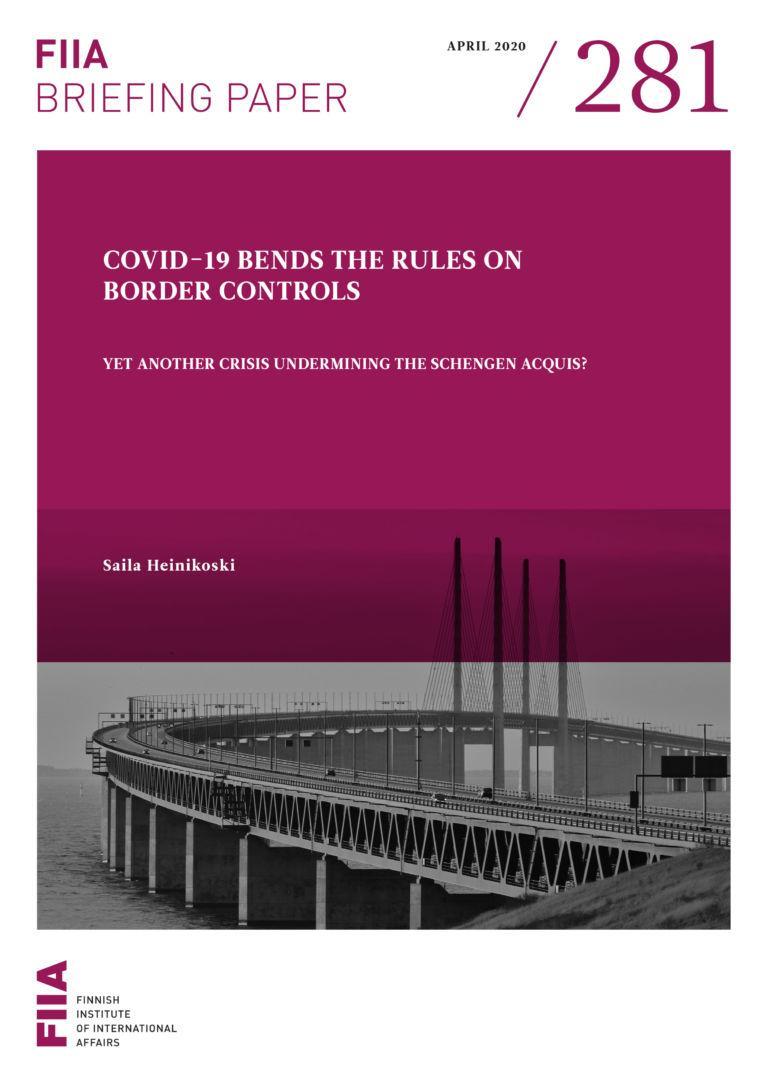
Since 2020, the Nordic countries have been confronted with the Covid-19 pandemic, which has been a multi-level stress test for the region. The strong basis of open borders and free movement in Nordic cooperation has been questioned by national pandemic measures, including wide travel restrictions. The Nordic dimension to pandemic responses has largely been missing, the trust between the countries has arguably been put to test and cross-border commuters have been subjected to differential treatment. Especially cross-border regions have suffered the consequences of travel restrictions, causing disruptions to work and private life.
The report draws attention to the preparedness of the Nordic Region to jointly confront global crises. It explores the different strategies and travel restrictions adopted by four Nordic countries: Denmark, Finland, Norway and Sweden. It also studies how Nordic cooperation functioned in a time of crisis. At the local level, it examines the economic, labour market and social implications for three cross-border regions, that is, Tornedalen, Svinesund and Öresund. The report finds that while there is room for improvement in handling a crisis like the pandemic, there are diverging views on the desirability to have all-Nordic approaches to situations affecting national security. The consequences are, however, serious for free movement and the aim to become the most integrated region in the world.















